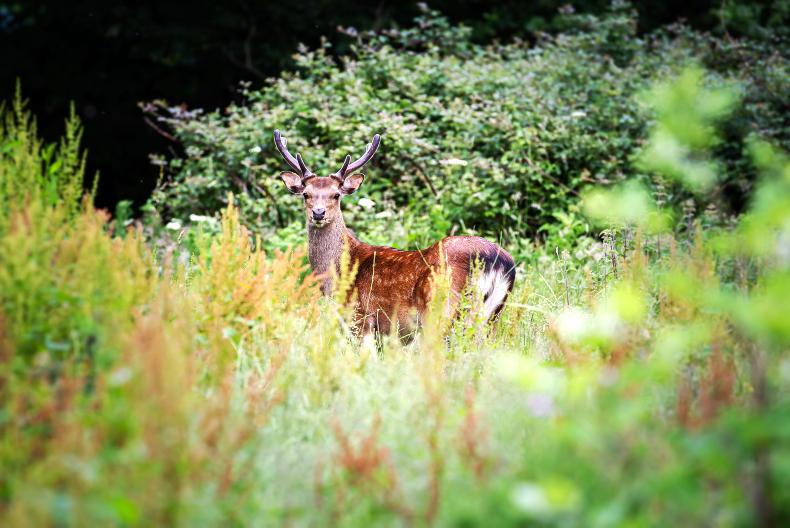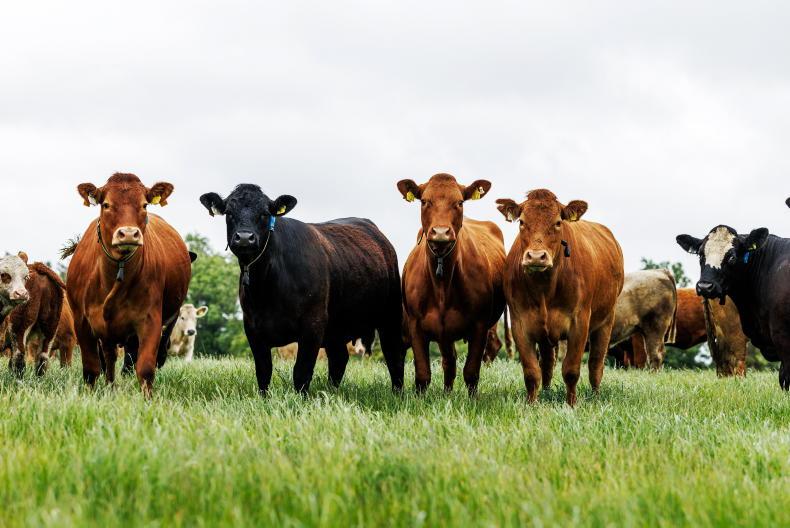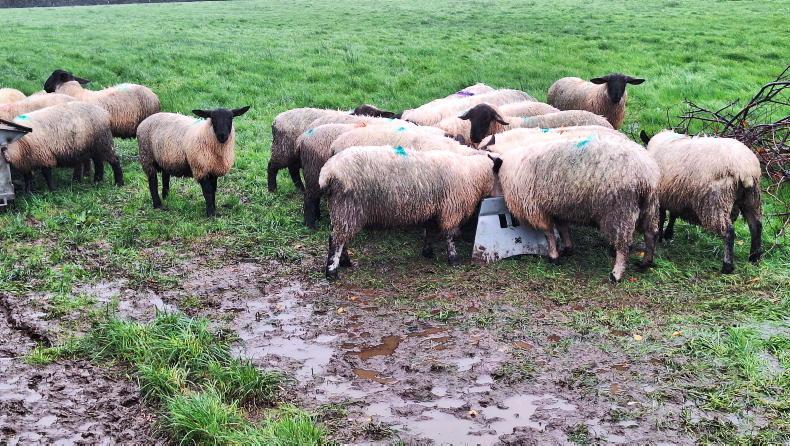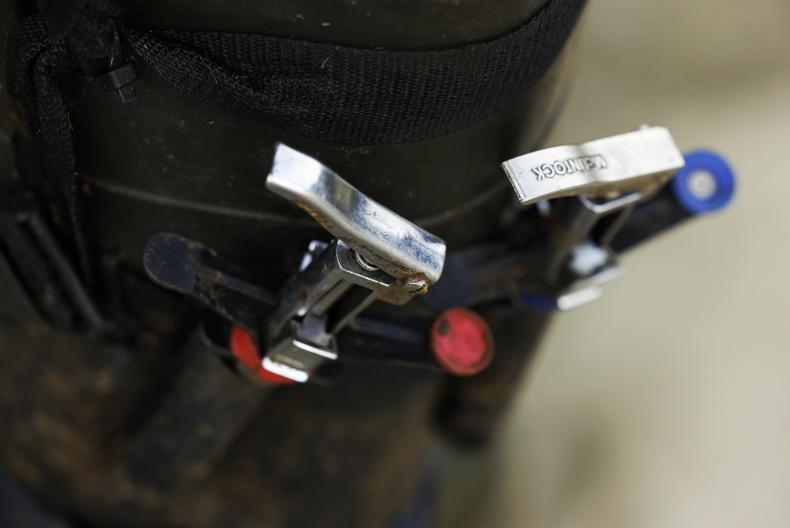The culling of deer must continue, but in a planned and sustainable way that ensures the long-term retention of deer and their habitat, the Irish Deer Society (IDS) has said.
The society has made these comments on the back of a survey carried out by the Irish Deer Management Group (DMG) which found that a majority of 1,512 individuals and organisations were in support of a cull to control deer.
"We are fully in support of the culling of deer, but only in accordance with data-driven management plans and in collaboration with the stakeholders," a spokesperson from the society said.
Concerned
The IDS said that it has been concerned that deer numbers are increasing and the current deer cull is not achieving a balance in the national herd in certain locations.
"It is the view of the society that this increase has many contributory factors, including a lack of hunting during COVID lockdown, a lack of competency in deer management among stakeholders, poor forest design and commercial deer letting policies, along with the reluctance to implement a proper management plan which has been recommended on numerous occasions by [the] IDS and others," they said.
Remedial solutions
The IDS welcomed the DMG initiative to set up subcommittees with specific tasks to identify and find practical remedial solutions to the current failure in good deer management, adding that it will be actively engaging in these committee discussions.
It is not deer that carry lyme disease but ticks
In regard to the survey results published and attendant comments on various media outlets, the society said that some of the opinions reflected are not necessarily factual.
"For example, it is not deer that carry lyme disease, but ticks. Were deer to be wiped out on this island, we would still have lyme disease.
"The incidence of TB in deer from a large sample of 1,520 deer culled was nine animals.
"In a hotspot for TB where deer were culled and tested, the incidence was 16% of a sample of 103 sika tested positive and 25% of badgers culled in the same area tested positive," they said.
Contraception
They said that alternate methods to controlling deer other than hunting are not available or practical in Ireland.
"The introduction of contraceptives into a wild herd has not been successful outside of areas where the herd range is significantly restricted.
"Coupled with this is the difficulty of only targeting the deer herd as opposed to other native mammals that may be susceptible to the prophylactic measure.
"The idea that wolves be introduced should be considered in light of the significant issues currently experienced by livestock farmers from dogs.
"In other jurisdictions where livestock farmers have much larger wilderness areas than are available in Ireland, there are other issues of concern.
"These issues not only include an increase in livestock killed by wolves, but also poor body condition and serious calving and lambing deficiencies as a consequence of harrying of domestic herds by wolf packs," they said.










SHARING OPTIONS